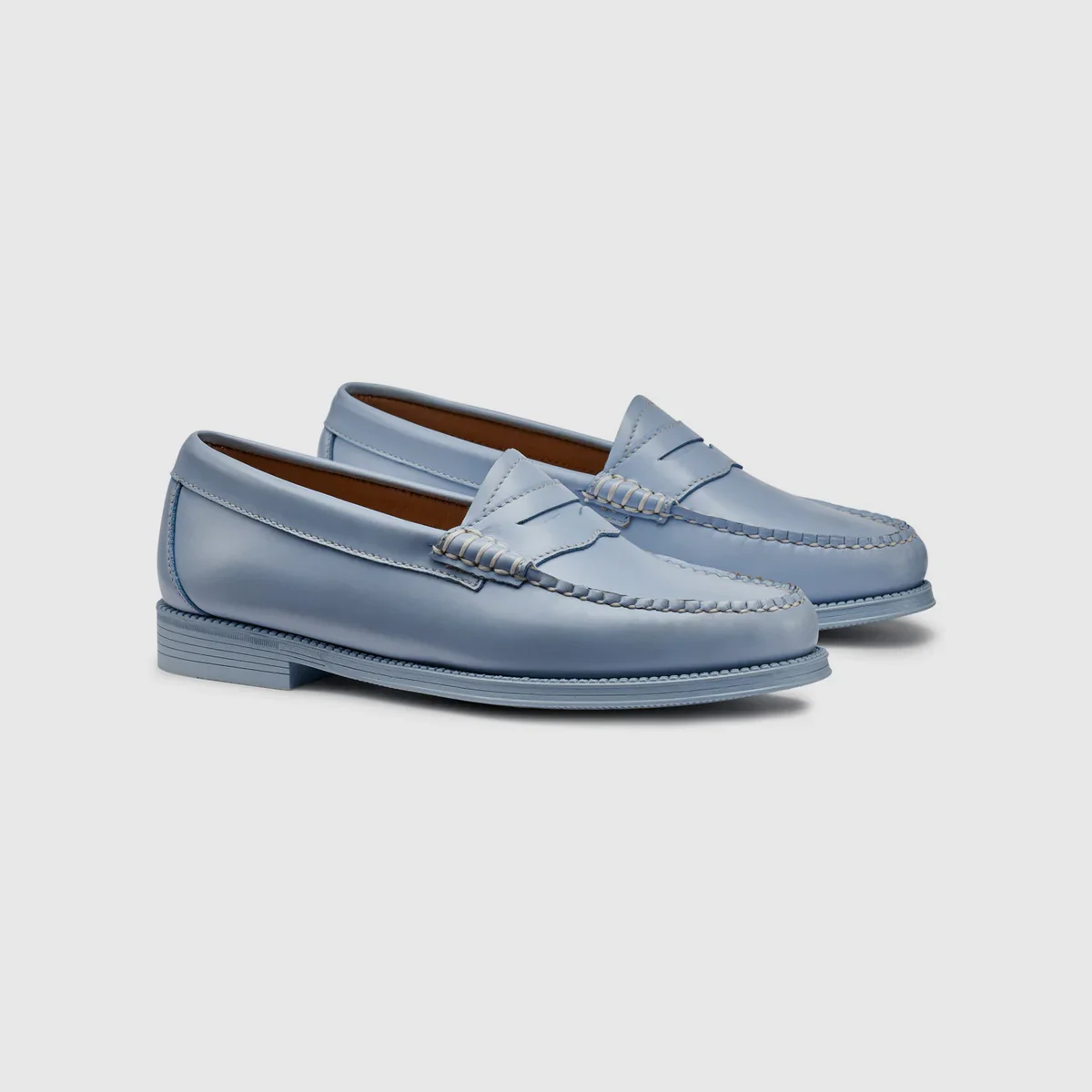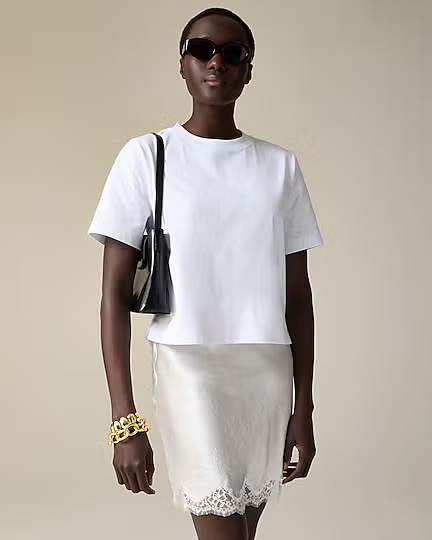Oumou Sangaré found herself caught in New York City, far away from her native Mali, when Covid-19 brought the world to a standstill. But that hasn’t stopped the Grammy Award-winning singer from giving us new music to look forward to this summer.
She is dropping the new acoustic video for “Djoukourou” as the first song from Acoustic, her new album re-imagining her critically-acclaimed 2017 release Mogoya. Recorded over two days in unplugged, live sessions at the midi Live Studio outside Paris, the new album re-introduces us to a more raw and unvarnished Sangare.
“It took me back in the days where I sung accompanied with one instrument only,” Sangaré tells ESSENCE. “It also reminded me when I used to sing in the streets or for ceremonies when I was a child. I started like this.”

From her discoveries of self during the time of Covid-19 to being sampled by Beyoncé, Sangaré opens up to ESSENCE about the new video and her new normal.
Congratulations on the new video. Why did you pick “Djoukourou” as the first video?
OUMOU SANGARÉ: People love when we play “Djoukourou” on tour. They spontaneously dance and sing with us. I like the energetic and joyful vibe of the track. It’s a good way to introduce this new project. Djoukourou means “support” or “protector.” In the chorus, I say humorously: “If your backside is resting, then you have someone to lean on.”
There’s nothing better than having someone to lean on in life. When we stand firmly we thrive in life, knowing there’s always someone there to support and protect us. A person, who knows they have support and protection, is afraid of nothing.
Why choose to go the acoustic route in reimagining the songs for that album?
SANGARÉ: My record label, Nø Førmat!, really liked my performances and the musicians that are touring with me on stage. After an acoustic concert I had in London, they suggested I do something in “live conditions”—revisiting those songs with an unplugged approach. I liked the idea because it’s very intimate. It’s like if you are playing chamber music with your friends. Something very natural and warm emerges from it.
Did you enjoy the process? What did you learn about your voice, music and self through the recording?
SANGARÉ: The difference is that it’s a diminutive assemblage so there is more space for my voice. We can also appreciate the purely acoustic sounds of Wassoulou’s melodies. Each musician can reconnect with the natural sound of his/her instrument. I like doing it because it took me back in the days where I sung accompanied with one instrument only. It also reminded me when I used to sing in the streets or for ceremonies when I was a child. I started like this.
What will surprise people about the album?
SANGARÉ: I think that people will discover the rough and beautiful sound of the kamele ngoni (young man’s harp). It’s a traditional instrument that originated from Wassoulou’s hunters. I have decided to place this instrument on prime position, it represents the soul of my music. I hope that you will also like the sound of my voice without artifice!
Your song “Diaraby Nene” was sampled in the single “Mood 4 Eva” alongside Jay-Z and Childish Gambino for Beyoncé’s 2019 album The Lion King: The Gift. How was that experience?
SANGARÉ: The song is great! People love the song, it receives critical acclaim in Mali. They were really proud but also surprised that I didn’t speak about it. In fact, I was also surprised because I discovered “Mood 4 Eva” at the same time as everybody else. I was not aware that Beyoncé used a sample of my song. But everything is fine now! I like Beyoncé and I love her music, she is a brave woman, a fighter. I didn’t directly work with her but I would love to invite her on a future project [laughs].
You also added “Diaraby Nene” as well as “Saa Magni” to the new album. These songs do not appear on Mogoya. Why add them?
SANGARÉ: Those two songs are one of the most important songs of my repertoire. They are classic songs that contributed to the popularity of my music. “Diaraby Nene” openly addresses female sensuality. I speak about “the shivers of love.” I wrote the lyrics when I was fifteen, that’s when I fell in love for the first time. The song shocked the conservative society. “Saa Magni” speaks about the harsh theme of death, and about the passing of my friend and musical collaborator Amadou Ba Guindo. He was a member of the Orchestre National Badema and he worked on my first album Moussolou.
You are known for supporting young musicians. What young musicians have been exciting you as of late?
SANGARÉ: I like the talented singer Aya Nakamura. I am really happy for her international success. She is a shining star!

You have said that your goal is “to safeguard the tradition and to always been the guardian of the traditional music of Wassoulou.” Are you seeing that tradition continue with a younger audience?
SANGARÉ: Yes it’s true, I have always wanted to highlight and preserve Wassoulou’s traditional instruments in my music. They reflect our wealth, our true identity and what makes our music so unique and appealing. It represents my identity, my culture—that’s what I can show to the rest of the world. I receive lots of support from younger generation, they are listening to my music too. I think that they are inspired by those traditional sounds too. The young generation is celebrating its rich cultural and musical heritage.
I hope you and your family have been safe during this time of covid-19. Are there some new insights or lessons you have picked up during this time?
SANGARÉ: I came to New York City for holidays just before the coronavirus lockdown with a part of my family. So I have spent my quarantine there.






I stayed confined and relaxed with my family. I needed rest to recuperate from a long tour and from my own music festival “FIWA” that I organized earlier in March in Wassoulu (Mali). As I was far away from my relatives in Mali, I also spent my time taking news of them and making sure that everything was ok with them. I realized that it has been a long time since I’ve taken such a long break. I have learnt to listen to myself and to rest. It made me feel good.
Acoustic will be released on June 19 on all streaming platforms.
This interview has been edited for clarity and length.



